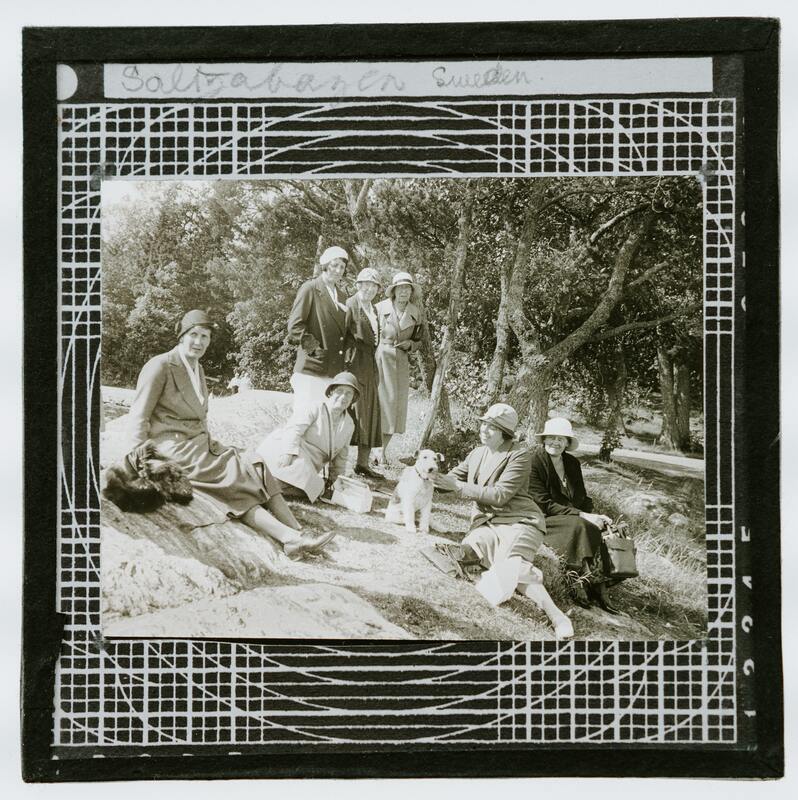 Photo by Annie Spratt on Unsplash As I watched the presidential inauguration this week, it made me think about the wide diversity of our country. Were our ancestors involved in politics? Or members of a local social club that reflected their heritage or their religion or their work or their interests? It is an interesting side of our ancestors’ lives to explore. Let’s look. Looking at regional history, county histories and newspapers help us to better understand the organizations that were around in the 19th and 20th centuries. Social organization membership is one place where your female ancestors might be found as often as your male ancestors. Religious Organizations Regardless of your ancestor’s religion, it is likely that there were opportunities for both men and women to join organizations within their faith. Many of these groups were created as much for socializing as for religion. Here are a few examples (you can probably think of many more): Ladies Aide, Altar Society, Foresters, and Knights of Columbus, Service Clubs Depending on your ancestor’s location and status, they may have been involved in societies or clubs of like-minded people. Usually these were focused on the betterment of lives of others such as orphans, the poor or the disenfranchised. However, there were also societies for gardening, the arts, music, and other interests. Some service groups that still exist today are the Rotary Club and Kiwanis. Trade Your ancestor may have belonged to a society related to his work. In more recent history, he or she may have been part of a union. If your ancestor was a farmer, he might have had an interest in the local elevator or some other cooperative. Politics Perhaps you have family stories that your family has always been republican or democrat or independent. Or maybe you have an ancestor who served in office. Or perhaps your family had a distrust of politics because of their experience in the old country. Military If your ancestors served in the military, they may have been a member of the American Legion or perhaps if they were in the Civil War, the GAR (Grand Army of the Republic) or the United Confederate Veterans. These groups were considered fraternal but later became advocacy groups in politics. Insurance Some of these fraternal societies offered their own insurance for their members. Do you have any instances where you can find records of insurance for your ancestor? It was generally life insurance. Here is an example from a newspaper. Where can you find information about your ancestor related to societies? Sometimes you might be lucky and find a membership card among your family papers. I have found most references in old newspapers—either as a commemoration from the society upon the ancestor’s death or in obituaries. Not all pioneer obituaries include this information but often in smaller hometown papers, we learn quite a bit about people through their obituaries. Go back and look beyond the dates in those obituaries. Spend some time on Chronicling America or some of the paid sites like Newspapers.com or GenealogyBank. Not every newspaper is digitized online so when libraries and research centers are open you may need to order microfilm or look at physical papers if they are available.
It is good to remember our ancestors led full lives. We may or may not have agreed with their political leanings or societies or choices but we grow to understand them in a new way, beyond the dates in a document. Have fun looking at your ancestors in a new way!
0 Comments
Leave a Reply. |
AuthorWith a lifelong passion for genealogy and history, the author enjoys the opportunity to share genealogy tidbits, inspiring others to research and write their family story. Archives
July 2024
Categories |
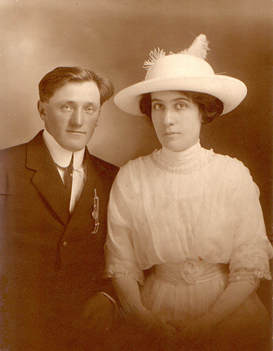
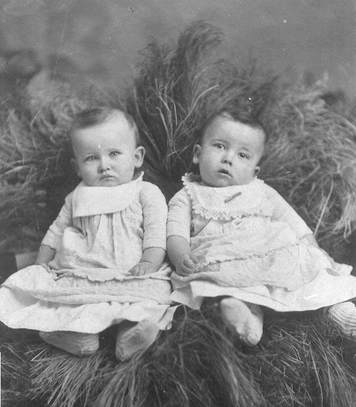
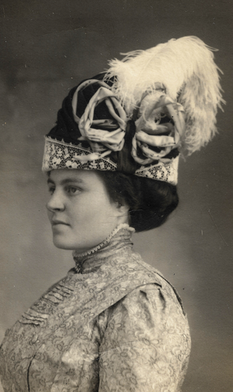
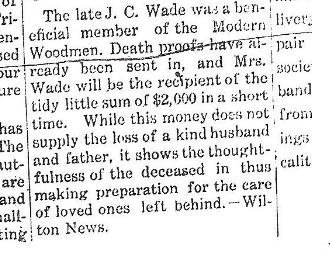
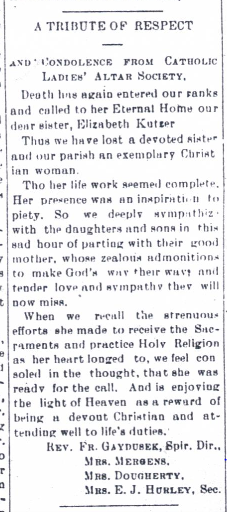
 RSS Feed
RSS Feed